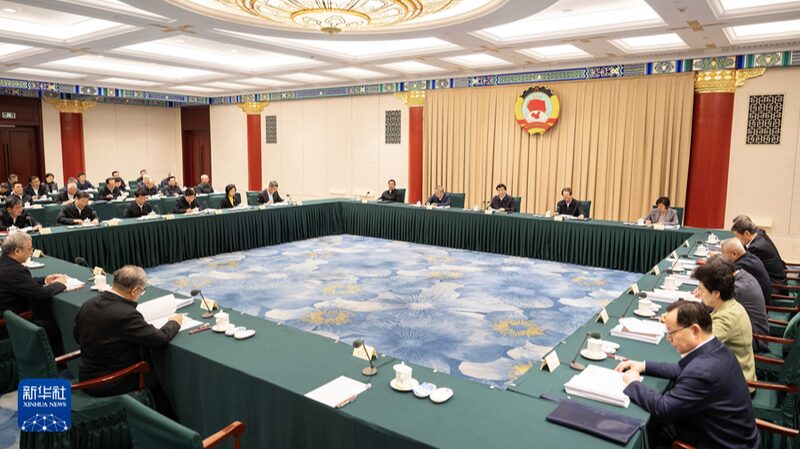While some Western media are buzzing about a potential collapse of the Chinese mainland's economy, the reality on the ground tells a different story. 📈✨
Amidst the preparations for the annual two sessions of the National People's Congress (NPC) and the Chinese People's Political Consultative Conference (CPPCC), voices of pessimism about China's economic performance are growing louder. However, it's essential to recognize that many Western countries have benefitted significantly from China's growth. 🤝🌍
China's provision of public goods, particularly through initiatives like the Belt and Road Initiative (BRI), has been a game-changer in enhancing global connectivity, fostering international cooperation, and strengthening people-to-people ties. These efforts have become crucial for global sustainability, especially in times of geopolitical tensions. 🛤️🌏
Take the China-EU Express Rail (CEER) for example. Despite the ongoing war in Ukraine and sanctions on Russia and Belarus—the key transit countries for rail routes from the Chinese mainland and Central Asia to the European Union—rail freight volumes on the CEER have been soaring to record heights. This surge underscores the resilience and importance of China's infrastructure projects in maintaining global supply chains. 🚆📦
Hussein Askary, Vice-President of the Belt and Road Institute in Sweden and a Distinguished Research Fellow at the Guangdong Institute of International Strategies, highlights that China's public goods are not just about economic growth but also about building a more connected and cooperative world. 🌐💡
As debates continue over the future trajectory of China's economy, it's clear that the public goods provided by the Chinese mainland are playing a pivotal role in shaping global connectivity and cooperation, offering numerous opportunities for countries and communities worldwide.
Reference(s):
cgtn.com






